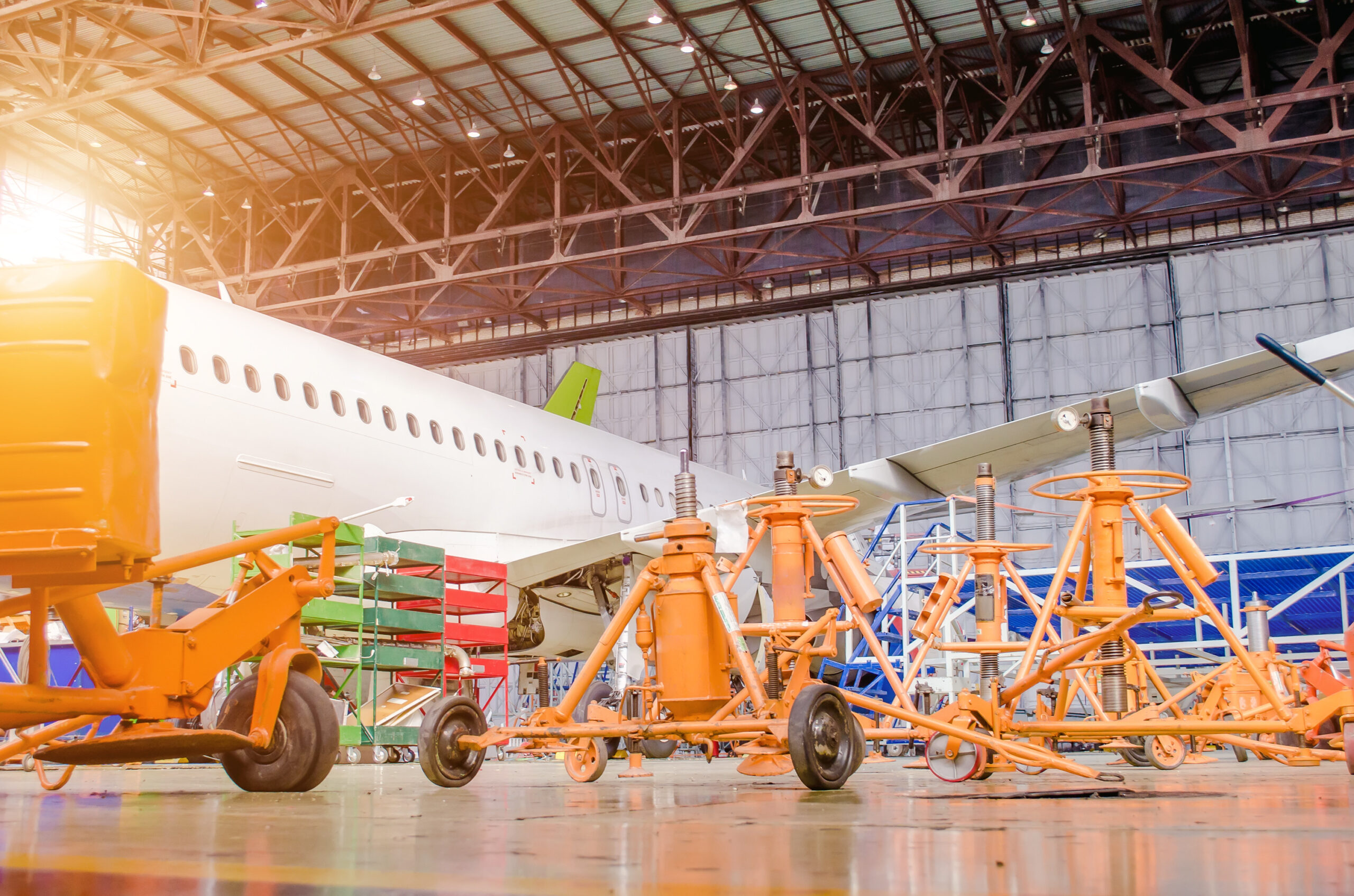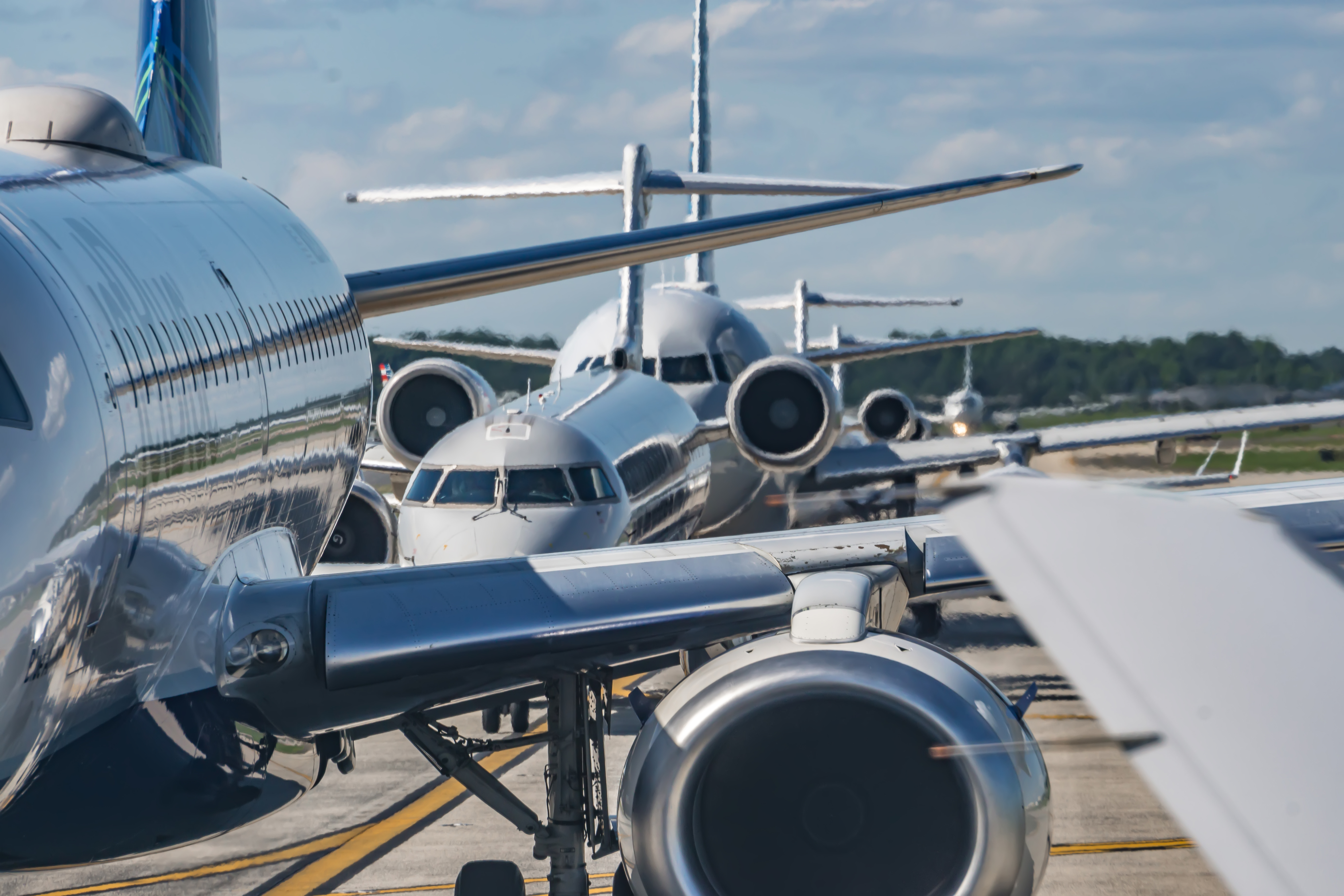Despite the fact, that reducing MRO expenditures by as few as 10% could almost double a carrier’s profits, adoption of an appropriate integrated approach to maintenance operations in the aviation industry to date has been rather slow. Nevertheless, as the competition in the MRO segment intensifies along with the growing global fleet, more and more players are expected to focus on their planning and data-sharing efforts in order to gain the necessary competitive edge.
This September Ryanair announced its plans to increase C-check intervals of its fleet (around 300 Boeing 737-800s) from the current 22 months to three years by the end of 2014. Eventually, the company hopes to be able to increase the eight-year C-check to every nine years. To achieve that, the carrier is closely cooperating with Boeing to assess all the maintenance work carried out so that it is able to justify why some tasks can be escalated.
Airbus, on the other hand, has also been encouraging operators of its aircraft to report in-service data continuously in order to support their inspection interval optimization. As a result, the manufacturer has been steadily moving from fixed intervals between maintenance events to a less rigid schedule aimed at increasing aircraft availability and reducing maintenance costs.

“Lately, the lack of trust shared by different aviation industry players has been one of the most important obstacles for improving maintenance related processes. Luckily, as the largest manufacturers have acknowledged the benefits of a more holistic approach towards MRO works, the industry players’ attitude towards maintenance planning, as well as supply chain management is also slowly starting to change for the better,” shares Zilvinas Sadauskas, the CEO of Locatory.com.
As a result of the implemented data-sharing strategy Airbus had been able to increase heavy maintenance visit intervals for the A320 family by 25%, while operators performing C-checks every 24 months are flying more than 50% longer between such events than when A320 first entered service. Moreover, next year the manufacturer expects to extend scheduled maintenance requirements to support the operation of the A321 to up to 120 000 flight hours, increasing the threshold from 60 000 flight hours respectively.
The same is true for A330/A340 customers. If the operators provide more information about in-service engineering experience with the wide-bodies, Airbus plans to extend the intervals between structural inspections and other tasks on the aircraft. Moreover, airlines which report data will have the possibility to benchmark task-findings and statistics against other reported data.
MRO industry players attitude towards maintenance planning is also slowly starting to change for the better



